Discover FYI - For Your Innovation
FYI - For Your Innovation

FYI - For Your Innovation
Author: ARK Invest
Subscribed: 2,897Played: 105,013Subscribe
Share
© Copyright 2025 FYI - For Your Innovation
Description
The FYI - For Your Innovation Podcast offers an intellectual discussion on recent developments across disruptive innovation—driven by research, news, controversies, companies, and technological breakthroughs. Hosted by ARK Invest, ARK and guests provide a unique perspective on how to best understand disruptive innovation.
367 Episodes
Reverse
In this episode of The Brainstorm, Sam Korus, Brett Winton, and Nick Grous dive into the current state of the market, discussing the recent downturn and its impact on major players like Bitcoin and Nvidia. They explore the narrative around AI as a potential bubble, the implications of major investors selling off their stakes, and the broader economic factors at play. The conversation also touches on the dynamics of AI monetization, the competitive landscape among tech giants, and the future of reusable rockets in the space industry.If you know ARK, then you probably know about our long-term research projections, like estimating where we will be 5-10 years from now! But just because we are long-term investors, doesn’t mean we don’t have strong views and opinions on breaking news. In fact, we discuss and debate this every day. So now we’re sharing some of these internal discussions with you in our new video series, “The Brainstorm”, a co-production from ARK and Wolf.financial, and sponsored by Public. Tune in every week as we react to the latest in innovation. Here and there we’ll be joined by special guests, but ultimately this is our chance to join the conversation and share ARK’s quick takes on what’s going on in tech today.Key Points From This Episode:The episode opens with a discussion on the recent market downturn and its impact on major tech stocks.The hosts explore the narrative surrounding AI as a potential bubble and its implications for the tech industry.Key economic factors, including government actions and investor behavior, are analyzed for their influence on market trends.The conversation delves into the strategies and challenges of monetizing AI technologies.The episode also touches on advancements in space technology, particularly the development of reusable rockets.To learn more about WOLF: https://wolf.financialTo learn more about Public: https://public.com/
In this episode of The Brainstorm, Nick Grous, Tasha Keeney, and Brett Winton dive into the latest Tesla shareholder meeting, discussing Tesla's ambitious plans to build their own chip fab and the implications for the future of autonomous driving. They also explore Robinhood's strategic moves in the financial market and the potential of space-based data centers. If you know ARK, then you probably know about our long-term research projections, like estimating where we will be 5-10 years from now! But just because we are long-term investors, doesn’t mean we don’t have strong views and opinions on breaking news. In fact, we discuss and debate this every day. So now we’re sharing some of these internal discussions with you in our new video series, “The Brainstorm”, a co-production from ARK and Public.com. Tune in every week as we react to the latest in innovation. Here and there we’ll be joined by special guests, but ultimately this is our chance to join the conversation and share ARK’s quick takes on what’s going on in tech today.Key Points From This Episode:Tesla plans to build its own chip fab to ensure a steady supply for its vehicles and robotics, aiming to overcome manufacturing limitations.The discussion highlights Tesla's move towards full autonomy, with potential updates allowing texting while driving in the near future.Robinhood's strategy to attract Tesla shareholders with a 2% uncapped match is analyzed as a bold customer acquisition move.The feasibility and future of space-based data centers are explored, considering the challenges and opportunities in this emerging field.For more updates on Public.com:Website: https://public.com/YouTube: @publicinvestX: https://twitter.com/public
In this episode, ARK’s Cathie Wood and Brett Winton sit down with Sean McClain, Founder and CEO of AbSci, to explore how generative AI is reshaping drug discovery, development timelines, and clinical costs. Sean walks through real-world examples of AI-designed antibodies—such as AbSci’s breakthrough HIV antibody and a regenerative treatment for hair loss—and explains how these platforms are helping unlock previously “undruggable” biology.They discuss AbSci’s Phase 2-ready hair growth antibody (BS201), the company’s partnerships with Caltech and AMD, and why the FDA’s evolving embrace of AI could accelerate the end of animal testing. The conversation closes with a forward-looking discussion on the role of regenerative medicine in longevity—and why AI drug discovery might just pull biotech out of its multi-year bear market.Key Points From This Episode:(00:00:00) How AbSci uses generative AI to design antibodies from scratch(00:02:42) HIV, ion channels, and the promise of targeting "undruggable" biology(00:06:28) AbSci’s BS201 drug for hair regrowth: mechanism, speed, and cost advantages(00:13:20) Clinical timeline: From concept to Phase 2 readout in 3.5 years(00:15:34) Bringing costs down: $100–150M vs. the industry average of $2.4B(00:17:36) Why AI enables “keys designed for specific locks” in drug targeting(00:22:58) What AbSci’s models are trained on—and how prompts work in drug inference(00:25:32) The future of clinical testing: AI replacing animal models(00:36:43) Sarcopenia, strength loss, and regenerative approaches to aging(00:48:10) BS201 as a long-acting pulse therapy—and how it compares to transplants
In this episode of The Brainstorm, hosts Nick Grous, Brett Winton, and guests Frank Downing and Jozef Soja dive into OpenAI's ambitious restructuring plan and its implications for a potential $1 trillion IPO. They explore the intricacies of OpenAI's partnership with Microsoft, the challenges of defining artificial general intelligence (AGI), and the strategic moves shaping the future of AI.If you know ARK, then you probably know about our long-term research projections, like estimating where we will be 5-10 years from now! But just because we are long-term investors, doesn’t mean we don’t have strong views and opinions on breaking news. In fact, we discuss and debate this every day. So now we’re sharing some of these internal discussions with you in our new video series, “The Brainstorm”, a co-production from ARK and Public.com. Tune in every week as we react to the latest in innovation. Here and there we’ll be joined by special guests, but ultimately this is our chance to join the conversation and share ARK’s quick takes on what’s going on in tech today.Key Points From This Episode:OpenAI has restructured as a public benefit corporation, with Microsoft holding a 27% stake. The restructuring includes a clause for declaring AGI, requiring independent verification.The company projects significant revenue growth, aiming for a $100 billion run rate by 2027. OpenAI's valuation could compress as it approaches a trillion-dollar IPO.OpenAI's potential IPO is driven by the need for increased compute and capital.The AI market is expected to see multiple large players, not just a single winner.Amazon's chatbot, Rufus, demonstrates successful consumer AI monetization.For more updates on Public.com:Website: https://public.com/YouTube: @publicinvestX: https://twitter.com/public
In this episode of The Brainstorm, join Nick Grous, Tasha Keeney, and Brett Winton as they dive into Tesla's latest earnings, the future of Robotaxis, and the challenges of humanoid robots. Explore insights on Tesla's production ramp, AI advancements, and the potential for full autonomy.If you know ARK, then you probably know about our long-term research projections, like estimating where we will be 5-10 years from now! But just because we are long-term investors, doesn’t mean we don’t have strong views and opinions on breaking news. In fact, we discuss and debate this every day. So now we’re sharing some of these internal discussions with you in our new video series, “The Brainstorm”, a co-production from ARK and Public.com. Tune in every week as we react to the latest in innovation. Here and there we’ll be joined by special guests, but ultimately this is our chance to join the conversation and share ARK’s quick takes on what’s going on in tech today.Key Points From This Episode:Tesla's recent earnings call highlighted increased confidence in their Robotaxi service and plans to scale production rapidly.Elon Musk expressed optimism about achieving unsupervised full self-driving capabilities soon, aiming for 3 million vehicles annually within two years.The discussion explored the complexity of humanoid robots, estimating the problem to be 200,000 times more challenging than Robotaxis.Tesla's strategy involves leveraging AI compute power and Robotaxi cash flow to advance humanoid robot development.Regulatory hurdles remain a significant factor in the rollout of full autonomy and Robotaxi services across different states.For more updates on Public.com:Website: https://public.com/YouTube: @publicinvestX: https://twitter.com/public
In this episode, ARK’s Brett Winton and Lorenzo Valente sit down with Anatoly Yakovenko — co-founder of Solana — to explore how Solana is evolving into a high-performance, globally distributed financial infrastructure. Anatoly shares the network’s origin story, explains how Solana leverages parallel compute and hardware innovation to scale, and outlines why execution—not just settlement—is the future of crypto-based finance.The discussion covers how Solana compares to centralized systems like NASDAQ, why monolithic architecture matters, and how innovations like Firedancer and Alpenglow will push the boundaries of decentralized coordination and real-time price discovery. They also explore tokenomics, validator incentives, and why Solana is built to handle machine-generated transaction volumes at global scale.Anatoly offers a wide-ranging perspective on decentralization, future throughput limits, and why blockchains should eventually become invisible to end users.Key Points From This Episode:00:00:00 Why Solana exists00:06:25 Time as a cryptographic primitive: Solving blockchain inefficiency with Time-Division Multiple Access (TDMA)00:11:33 Why Proof of History may disappear — and what replaces it.00:14:16 How cryptographic guarantees could replace 100 years of financial regulation.00:20:03 Settlement vs. execution: Why all the value accrues at the execution layer.00:26:29 Handling millions of transactions per second — and how Solana filters noise.00:38:47 Solana vs. NASDAQ: Building a global atomic state machine for finance.00:42:25 Validator incentives, staking yields, and real vs. inflationary revenue.00:48:46 Firedancer, Alpenglow, and multiple concurrent proposers: What’s next for Solana.00:54:52 Is quantum computing a real crypto threat? Anatoly’s timeline and optimism.
In this episode of the Brainstorm podcast, Sam Korus, Brett Winton, and Nick Grous dive into the latest advancements in space exploration with SpaceX's groundbreaking achievements and the evolving landscape of gene sequencing technology. From the successful Starship test flight to the economic implications of reusable rockets, and the cost dynamics of long-read versus short-read sequencing, this discussion offers a deep dive into the future of technology and innovation.If you know ARK, then you probably know about our long-term research projections, like estimating where we will be 5-10 years from now! But just because we are long-term investors, doesn’t mean we don’t have strong views and opinions on breaking news. In fact, we discuss and debate this every day. So now we’re sharing some of these internal discussions with you in our new video series, “The Brainstorm”, a co-production from ARK and Public.com. Tune in every week as we react to the latest in innovation. Here and there we’ll be joined by special guests, but ultimately this is our chance to join the conversation and share ARK’s quick takes on what’s going on in tech today.Key Points From This Episode:SpaceX's Starship test flight was a major success, showcasing the potential for reusable rockets.The 31st reuse of a booster marks a significant milestone in reducing space travel costs.Starlink's technology provides superior video quality and data collection during launches.Long-read sequencing is becoming more affordable, opening new research opportunities.The prediction market is experiencing rapid growth, with significant shifts in market share.Apple's investment in F1 broadcast rights highlights the growing interest in motorsports.For more updates on Public.com:Website: https://public.com/YouTube: @publicinvestX: https://twitter.com/public
In this episode of the Brainstorm podcast, Sam Korus, Brett Winton, Cathie Wood, and Nick Grous dive into the ambitious targets of Elon Musk's new pay package and its potential impact on Tesla and its shareholders.If you know ARK, then you probably know about our long-term research projections, like estimating where we will be 5-10 years from now! But just because we are long-term investors, doesn’t mean we don’t have strong views and opinions on breaking news. In fact, we discuss and debate this every day. So now we’re sharing some of these internal discussions with you in our new video series, “The Brainstorm”, a co-production from ARK and Public.com. Tune in every week as we react to the latest in innovation. Here and there we’ll be joined by special guests, but ultimately this is our chance to join the conversation and share ARK’s quick takes on what’s going on in tech today.Key Points From This Episode:Cathie Wood describes Elon's pay package as ambitious, with targets that could significantly impact Tesla's growth and innovation.The package is seen as a motivator for Elon to accelerate advancements in technologies like humanoid robotics and robotaxis.The discussion highlights the broader societal benefits if Tesla achieves these ambitious goals.For more updates on Public.com:Website: https://public.com/YouTube: @publicinvestX: https://twitter.com/public
In this episode, ARK’s Cathie Wood and Brett Winton sit down with Tom Lee — co-founder of Fundstrat Global Advisors and chairman of BitMine Immersion Technologies — to explore the rising influence of Ethereum as a financial infrastructure layer. Tom shares how BitMine transformed into the largest corporate holder of Ethereum globally, and why digital asset treasury companies DATs could serve as a bridge between traditional finance and decentralized networks.The conversation covers Ethereum’s “ChatGPT moment,” the regulatory unlock of 2025, and why institutional investors may prefer equity-wrapped crypto exposure. Tom also lays out a bold vision in which Ethereum surpasses Bitcoin in market cap and becomes the financial internet’s base layer — absorbing everything from stablecoins and tokenized assets to staking, liquidity backstops, and even prediction markets.The trio also examines risk dynamics, corporate strategy, and the architectural differences between proof-of-work and proof-of-stake systems as Wall Street starts to build on-chain.Key Points From This Episode:00:00:00 How BitMine evolved from a small miner into the largest Ethereum-holding DAT.00:03:00 Why BitMine’s ETH per share jumped 9x in 8 weeks — and what’s next.00:06:30 Why DATs exist at all — and why they’re crucial for institutional access.00:08:05 Ethereum’s “ChatGPT moment”: Stablecoins as breakout crypto products.00:10:29 How BitMine solved a regulatory bottleneck for ARK’s crypto exposure.00:14:54 The flippage theory: Why Tom believes ETH will surpass Bitcoin.00:19:34 Proof-of-stake vs. proof-of-work: Comparing network resilience and incentives.00:24:06 Targeting 5% of ETH supply: How much is too much for a DAT?00:28:48 How BitMine is like a “reverse bank” — and why that earns it a NAV premium.00:33:16 What could dethrone BitMine’s lead? The tech risk and Solana wildcard.00:38:47 Ethereum can’t hold everything: Why multiple chains will exist.00:50:27 How tokenization unlocks transparency, pricing, and global efficiency.00:54:03 Tom’s 2030 forecast: Ethereum at $60K and digital treasuries worth $5T.
In this episode of the Brainstorm podcast, Sam Korus, Brett Winton, and Nick Grous dive into the evolving landscape of AI and its economic implications. They explore the strategic partnerships between tech giants like AMD and OpenAI, discussing the potential impacts on the AI hardware market. The conversation also touches on the future of e-commerce with agentic commerce and the role of AI in reshaping consumer experiences.If you know ARK, then you probably know about our long-term research projections, like estimating where we will be 5-10 years from now! But just because we are long-term investors, doesn’t mean we don’t have strong views and opinions on breaking news. In fact, we discuss and debate this every day. So now we’re sharing some of these internal discussions with you in our new video series, “The Brainstorm”, a co-production from ARK and Public.com. Tune in every week as we react to the latest in innovation. Here and there we’ll be joined by special guests, but ultimately this is our chance to join the conversation and share ARK’s quick takes on what’s going on in tech today.Key Points From This Episode:The episode explores the strategic partnership between AMD and OpenAI, highlighting its potential to reshape the AI hardware market.Agentic commerce is discussed as a transformative force in e-commerce, with AI enabling seamless consumer experiences.The hosts debate the implications of AI-generated content, considering its potential to create new media formats and distribution channels.The conversation delves into the cyclical nature of AI investments, emphasizing the importance of strategic partnerships and market positioning.For more updates on Public.com:Website: https://public.com/YouTube: @publicinvestX: https://twitter.com/public
In this episode of the Brainstorm podcast, Sam Korus, Brett Winton, and Nick Grous dive into the fascinating world of AI and its economic implications, exploring OpenAI's financial maneuvers and the circular economy concept. They also discuss groundbreaking advancements at the ARC Institute that are revolutionizing biology, and examine the future energy demands of AI. If you know ARK, then you probably know about our long-term research projections, like estimating where we will be 5-10 years from now! But just because we are long-term investors, doesn’t mean we don’t have strong views and opinions on breaking news. In fact, we discuss and debate this every day. So now we’re sharing some of these internal discussions with you in our new video series, “The Brainstorm”, a co-production from ARK and Public.com. Tune in every week as we react to the latest in innovation. Here and there we’ll be joined by special guests, but ultimately this is our chance to join the conversation and share ARK’s quick takes on what’s going on in tech today.Key Points From This Episode:OpenAI's financial strategies are likened to a circular economy, involving major players like Oracle and NVIDIA.The ARC Institute is making significant strides in biology with new gene editing techniques and synthetic genomics.AI's future energy demands could surpass those of entire countries, raising questions about sustainability.The current AI boom is compared to the dot-com era, with potential for massive economic impact.Discussions on sustainable abundance highlight the need for strategic energy planning and investment.For more updates on Public.com:Website: https://public.com/YouTube: @publicinvestX: https://twitter.com/public
In this episode of the Brainstorm podcast, Sam Korus, Brett Winton, and Nick Grous dive into the latest tech innovations and financial shifts. From Meta's groundbreaking AR glasses and their potential to revolutionize digital interaction, to Coinbase's bold move into banking with high-yield offerings, the discussion is both insightful and forward-thinking. Tune in to explore how these developments could reshape industries and consumer habits.If you know ARK, then you probably know about our long-term research projections, like estimating where we will be 5-10 years from now! But just because we are long-term investors, doesn’t mean we don’t have strong views and opinions on breaking news. In fact, we discuss and debate this every day. So now we’re sharing some of these internal discussions with you in our new video series, “The Brainstorm”, a co-production from ARK and Public.com. Tune in every week as we react to the latest in innovation. Here and there we’ll be joined by special guests, but ultimately this is our chance to join the conversation and share ARK’s quick takes on what’s going on in tech today.Key Points From This Episode:Meta's AR Glasses: Affordable AR glasses with new input technology.Competitive Pricing: Priced at $800, making AR tech accessible.Wearable Tech Debate: Comparing Meta's glasses to Apple's AirPods.Coinbase's Banking Move: Offers up to 11% yield, challenging banks.Digital Wallet Disruption: Digital wallets like Coinbase and Robinhood are reshaping finance.For more updates on Public.com:Website: https://public.com/YouTube: @publicinvestX: https://twitter.com/public
In this episode, ARK’s Brett Winton, Charles Roberts and Frank Downing sit down with Stephen Balaban, CEO and co-founder of Lambda Labs — a company building AI-specific cloud infrastructure. The conversation explores Lambda’s role in the AI value chain, the evolving economics of data centers, and why traditional hyperscalers might be too slow to meet the moment.Stephen explains why he believes we're transitioning from deterministic, rule-based software to what he calls “neural software” — stochastic, neural network-driven systems that will eventually replace nearly all traditional software. He shares Lambda’s mission to enable this transformation by rapidly deploying GPU infrastructure and supporting the AI research and application build-out happening today.The discussion spans infrastructure strategy, regulatory bottlenecks, AI safety, energy constraints, and long-term visions of neural operating systems. Stephen offers a bold perspective on the hardware demands and philosophical shifts required to usher in a world where software is generated, not written.Key Points From This Episode:00:01:21 How Lambda positions itself as a “neo-cloud” provider competing with AWS, Azure, and GCP for AI workloads.00:02:46 Why ARK estimates $1.5 trillion in annual AI-related data center investment by 2030 and what it could mean for Lambda.00:05:26 Why hyperscalers may be too slow to meet the unique demands of AI training compared to specialized players.00:06:29 How AI infrastructure requires new rack designs, higher power density, and different utilization patterns.00:09:20 Why AI may disrupt the entire computing stack—from Nvidia overtaking Intel to reshaping platform and cloud services.00:14:50 Stephen explains Lambda’s “secret mission” to replace all traditional software with neural networks.00:16:36 Why companies trust Lambda to deploy GPU infrastructure faster and more reliably than incumbents.00:20:27 How the concept of a “neural operating system” reframes software as stochastic rather than deterministic.00:23:04 How hallucinations in neural systems could be managed with checks and balances similar to financial approvals.00:25:04 Why Stephen sees AI safety and alignment as the cybersecurity of the future.00:39:00 How real-time AI tasks may run locally at the edge, while deeper reasoning gets pushed to the cloud.00:44:11 Why running modern large language models still resembles the supercomputer era rather than the PC era.00:46:06 How Stephen views the long-term convergence of AI with quantum computing and brain–computer interfaces.00:50:20 Why scaling AI requires the “heroic effort” of Nvidia, TSMC, OpenAI, energy providers, and Lambda together.00:53:43 Back-of-the-envelope math on CapEx per megawatt—from power plants and data centers to GPUs.00:57:11 Why power infrastructure and deregulation could become the biggest stumbling blocks for AI growth.01:02:02 How software creation is shifting from a labor-driven process to a capital-intensive one.01:06:06 Why Stephen and Brett describe data centers as “AI factories” producing custom neural software.
In this episode of the Brainstorm podcast, Sam Korus, Brett Winton, and Nick Grous dive into the latest developments from Robinhood's Hood Summit, exploring their innovative new features for active traders and the exciting launch of Robinhood Social. They also discuss SpaceX's strategic spectrum acquisition and its implications for global communication.If you know ARK, then you probably know about our long-term research projections, like estimating where we will be 5-10 years from now! But just because we are long-term investors, doesn’t mean we don’t have strong views and opinions on breaking news. In fact, we discuss and debate this every day. So now we’re sharing some of these internal discussions with you in our new video series, “The Brainstorm”, a co-production from ARK and Public.com. Tune in every week as we react to the latest in innovation. Here and there we’ll be joined by special guests, but ultimately this is our chance to join the conversation and share ARK’s quick takes on what’s going on in tech today.Key Points From This Episode:Robinhood introduced new features for active traders, including short selling and custom indicators.A new social feature in the Robinhood app will allow users to share and verify trades in real-time.SpaceX purchased spectrum from EchoStar to enable global satellite communication.SpaceX aims to challenge traditional telecom companies by becoming a global cellular provider.For more updates on Public.com:Website: https://public.com/YouTube: @publicinvestX: https://twitter.com/public
In this milestone 100th episode of the Brainstorm podcast, Sam Korus, Brett Winton, and Nick Grous dive into the latest tech developments, including Tesla's surprising Robotaxi app release and its implications for the future of autonomous vehicles. They explore the potential of Tesla's expansion, the challenges of consumer adoption, and the broader impact on transportation costs and habits.If you know ARK, then you probably know about our long-term research projections, like estimating where we will be 5-10 years from now! But just because we are long-term investors, doesn’t mean we don’t have strong views and opinions on breaking news. In fact, we discuss and debate this every day. So now we’re sharing some of these internal discussions with you in our new video series, “The Brainstorm”, a co-production from ARK and Public.com. Tune in every week as we react to the latest in innovation. Here and there we’ll be joined by special guests, but ultimately this is our chance to join the conversation and share ARK’s quick takes on what’s going on in tech today.Key Points From This Episode:Tesla's unexpected Robotaxi app release has sparked significant interest, indicating a strong market demand for autonomous ride-hailing services.The potential removal of safety drivers from Tesla's Robotaxis could mark the beginning of rapid service expansion and a shift in transportation dynamics.The conversation explores the challenges of changing consumer preferences from car ownership to relying on ride-hailing services, emphasizing cost and convenience factors.For more updates on Public.com:Website: https://public.com/YouTube: @publicinvestX: https://twitter.com/public
In this episode of FYI, ARK’s Brett Winton and Charlie Roberts speak with Dmitry Shevelenko, Chief Business Officer at Perplexity, about the company’s evolving role in the future of the agentic internet. They discuss how Perplexity is carving out its place in the AI ecosystem—not as just a wrapper, but as a full-stack answer engine built for research, action, and trust. Dmitry outlines how Perplexity balances product excellence, model orchestration, and subscription alignment to serve both consumers and enterprises. He also highlights the team’s bold vision for Comet, their AI-native web browser, and how it fits into a future shaped by AI agents and voice interfaces.Key Points From This Episode:00:00:00 How Perplexity positions itself within the AI assistant landscape—and what makes it stand out to ARK.00:02:37 Why the analyst team prefers Perplexity for researching earnings calls, transcripts, and filings.00:03:58 Dmitry explains why only a few agentic AI systems may dominate—and why productization still matters.00:06:10 The team discusses Perplexity's potential for rapid user growth and why context portability may remain limited.00:07:51 How the agentic internet could reshape browsing—and why half of current screen time may be up for automation.00:09:33 A breakdown of Perplexity’s monetization strategy, centered on consumer and enterprise subscriptions.00:12:28 Why the company avoids ad-based business models in favor of long-term trust alignment with users.00:13:17 Introducing Pro Perks: how Perplexity returns affiliate value to users instead of monetizing with ads.00:14:28 The vision of a future where your personal agent negotiates on your behalf with merchants' AI agents.00:15:43 Why link-based performance advertising is vulnerable in an agentic world—and which ad models might persist.00:18:10 Charles on building trust and resisting “sycophantic” behavior in AI agents.00:19:47 Perplexity’s view that the same AI assistant can serve both personal and professional needs.00:22:12 How Comet, the new Perplexity browser, lets agents perform real-world actions—like buying books and managing LinkedIn.00:26:00 The team explores how reduced friction leads to increased curiosity and new behaviors online.00:28:15 Brett asks how browser context, data, and distribution contribute to Perplexity’s strategy and the Chrome bid.00:30:08 How voice interfaces may disrupt browsing—and how Perplexity is preparing for that shift.00:32:18 Why big companies struggle with probabilistic AI outputs—and how that limits speaker adoption.00:34:06 On mobile, Perplexity aims for deeper OS integration beyond just launching a mobile browser.00:35:18 When asked about BCI, Charles emphasizes staying agile over trying to predict distant tech horizons.00:37:04 Why Perplexity focuses on augmenting human curiosity—rather than chasing AGI or superintelligence.00:38:15 Perplexity’s role in debugging and breaking through AI tool limitations—rather than generating code.00:40:01 Charles responds to “just a wrapper” critiques, explaining Perplexity’s orchestration layer and search infra.00:43:13 Execution velocity as a cultural differentiator—and why adaptability is key to Perplexity’s growth.
In this episode of FYI, ARK CEO Cathie Wood and Analyst Nick Grous sit down with Vlad Tenev, Co-Founder and CEO of Robinhood. Together they explore how Robinhood is redefining retail investing and financial services—from expanding access to private markets and tokenized assets to transforming its product ecosystem into a fintech super app.Vlad discusses Robinhood’s long-term vision at the intersection of capitalism and democracy, why retail ownership matters more in the age of AI, and how the company is building around the upcoming $124 trillion generational wealth transfer. He also shares the strategic thinking behind Robinhood's expansion into credit, crypto, and international markets, including the development of its own blockchain and stablecoin.Finally, they explore the role of AI in Robinhood’s platform evolution, including the launch of Cortex, and the guiding philosophy behind the company’s product velocity and value-driven subscription model.Key Points From This Episode:00:00:00 Introduction00:11:10 Cathie and Vlad discuss how navigating the bear market made Robinhood and ARK stronger.00:13:25 Vlad outlines Robinhood’s mission and long-term opportunity to empower retail through ownership.00:17:28 ARK’s and Robinhood’s shared focus on expanding retail access to private markets through innovation and regulation.00:20:45 Why treating retail investors as a first-class constituency is an underutilized advantage for public companies.00:23:32 How Robinhood’s product velocity and innovation position it to capture assets during the $124T generational wealth shift.00:24:34 Designing features that work across extended families and using AI to eliminate frictions in moving assets between institutions.00:29:24 How the company decides when to partner, build in-house, or acquire based on speed, capability gaps, and strategic alignment.00:33:16 Vlad explains how Robinhood adapted its crypto strategy across regulatory cycles, culminating in its European tokenization launch.00:39:42 The internal "aha moment" that led to Robinhood’s push into tokenizing real-world assets—from equities to real estate.00:43:44 The tradeoff between adopting existing chains and owning the full product experience via Robinhood Chain.00:45:38 How Robinhood sees the stablecoin market evolving—especially in terms of yield, utility, and international access.00:52:40 Breaking down Robinhood’s growing credit product suite and the reasoning behind its Sage Home Loans partnership model.00:58:41 How Robinhood is using AI to simplify investing and help users understand market movements and options strategies.01:02:13 The extent to which Robinhood is using fine-tuned AI models across internal operations, especially customer service.01:04:49 Why the traditional view that retail investors aren’t “ready” for private markets no longer applies in the internet era.01:07:41 Vlad shares how the company is thinking about retention vs. pricing as Gold adoption scales.01:10:16 Cathie and Vlad reflect on the shared mission to educate investors and broaden access to financial innovation.
In this episode of the Brainstorm, Sam Korus and Nicholas Grous dive into the intriguing world of prediction markets, focusing on the recent partnership between Robinhood and Kalshi. They explore how this collaboration is reshaping access to sports betting across the U.S., especially in states where traditional sports betting remains illegal. The discussion also touches on the broader implications for the industry, including the competitive landscape with major players like DraftKings and FanDuel.If you know ARK, then you probably know about our long-term research projections, like estimating where we will be 5-10 years from now! But just because we are long-term investors, doesn’t mean we don’t have strong views and opinions on breaking news. In fact, we discuss and debate this every day. So now we’re sharing some of these internal discussions with you in our new video series, “The Brainstorm”, a co-production from ARK and Public.com. Tune in every week as we react to the latest in innovation. Here and there we’ll be joined by special guests, but ultimately this is our chance to join the conversation and share ARK’s quick takes on what’s going on in tech today.Key Points From This Episode:Robinhood and Kalshi's partnership is expanding access to prediction markets, allowing users to bet on sports outcomes through the Robinhood app, even in states where traditional sports betting is illegal.Prediction markets offer a unique fee structure, with Robinhood charging a flat two-cent fee per contract, making it an attractive option compared to traditional sportsbooks.The collaboration between Robinhood and Kalshi highlights a significant shift in the sports betting landscape, posing potential challenges and opportunities for established players like DraftKings and FanDuel.For more updates on Public.com:Website: https://public.com/YouTube: @publicinvestX: https://twitter.com/public
In this episode of the Brainstorm, Sam, Nick, and ARK Chief Futurist, Brett Winton, explore whether browsers are worth billions and the implications of launching L1 blockchains with stable coins. From the strategic importance of browsers in the AI arms race to the potential future of financial systems, this episode is packed with insights and debates.If you know ARK, then you probably know about our long-term research projections, like estimating where we will be 5-10 years from now! But just because we are long-term investors, doesn’t mean we don’t have strong views and opinions on breaking news. In fact, we discuss and debate this every day. So now we’re sharing some of these internal discussions with you in our new video series, “The Brainstorm”, a co-production from ARK and Public.com. Tune in every week as we react to the latest in innovation. Here and there we’ll be joined by special guests, but ultimately this is our chance to join the conversation and share ARK’s quick takes on what’s going on in tech today.Key Points From This Episode:A discussion around the potential worth of browsers, questioning if they are truly worth billions and exploring the strategic importance of browsers in the AI arms race.The conversation delves into the launch of L1 blockchains by companies like Circle to support stable coins, examining the implications for financial systems and institutional adoption.A recurring theme is the tension between centralization and decentralization, particularly in the context of stable coins and their role in the financial ecosystem.Source mentioned: https://tomtunguz.com/chrome-valuation-safari-comparison/For more updates on Public.com:Website: https://public.com/YouTube: @publicinvestX: https://twitter.com/public
In this episode of the Brainstorm, Sam, Nick, and ARK Chief Futurist, Brett Winton, dive into the world of OpenAI’s latest model, GPT-5, exploring its advancements and the impact on user experience. They discuss the balance between performance and user engagement, the evolving role of AI personalities, and the potential for AI to become an integral part of daily life. Tune in to hear their insights on the future of AI and its implications for both consumers and enterprises.If you know ARK, then you probably know about our long-term research projections, like estimating where we will be 5-10 years from now! But just because we are long-term investors, doesn’t mean we don’t have strong views and opinions on breaking news. In fact, we discuss and debate this every day. So now we’re sharing some of these internal discussions with you in our new video series, “The Brainstorm”, a co-production from ARK and Public.com. Tune in every week as we react to the latest in innovation. Here and there we’ll be joined by special guests, but ultimately this is our chance to join the conversation and share ARK’s quick takes on what’s going on in tech today.Key Points From This Episode:GPT-5 offers a significant improvement in user experience, despite mixed opinions on its performance benchmarks.OpenAI's strategy involves balancing consumer and enterprise needs, with a focus on enhancing AI's practical utility.The emotional connection users form with AI models through personalities is influencing their adoption and usage patterns.For more updates on Public.com:Website: https://public.com/YouTube: @publicinvestX: https://twitter.com/public


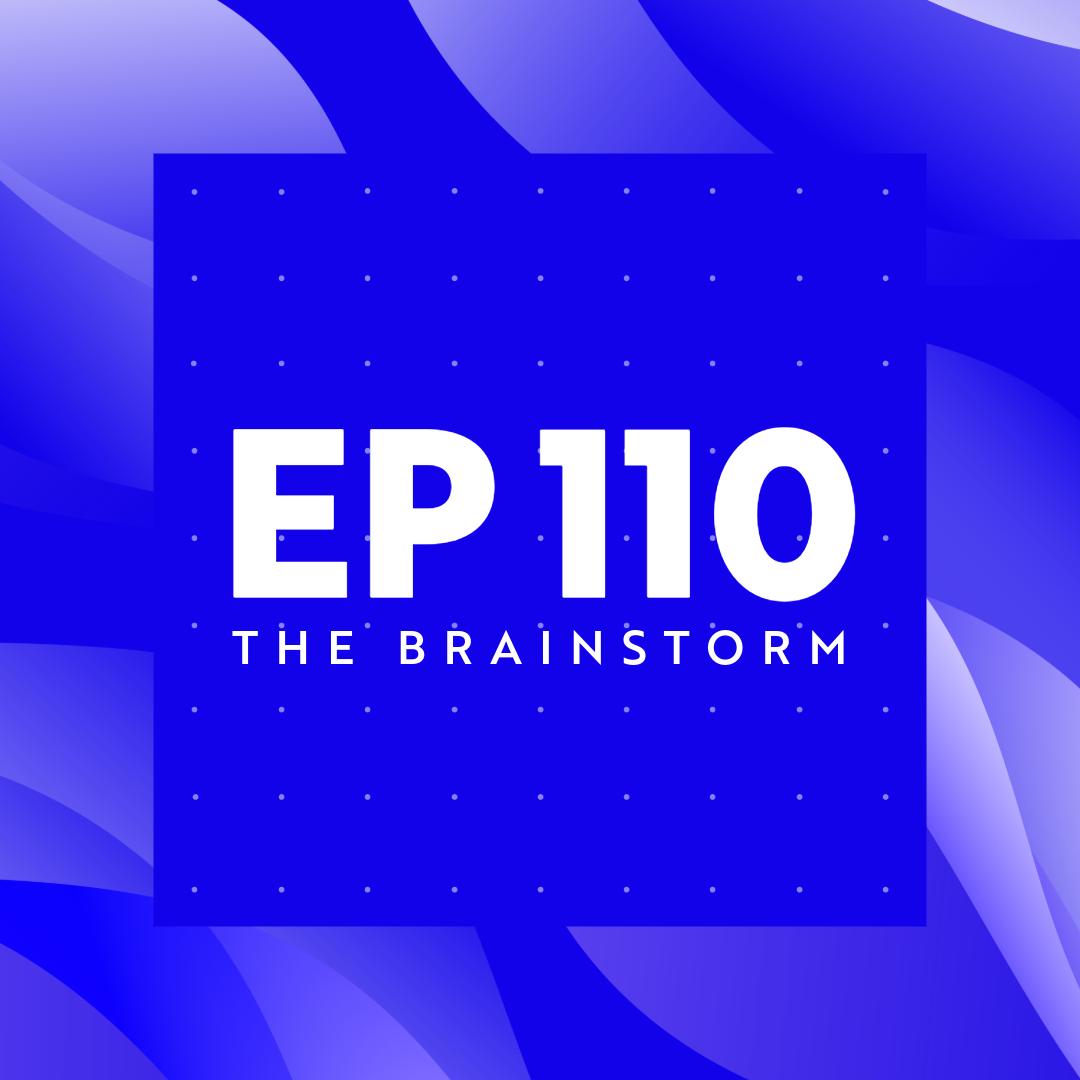
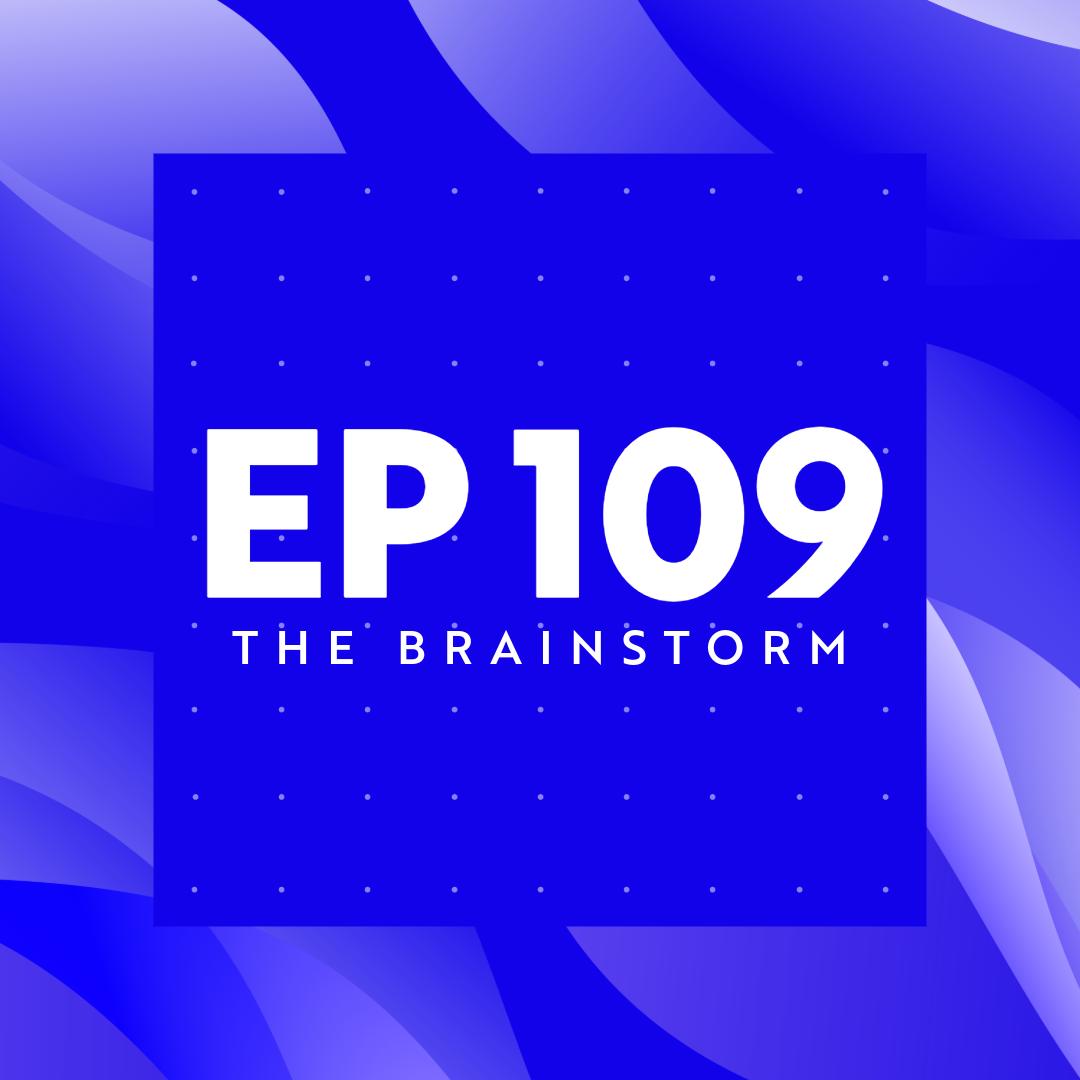
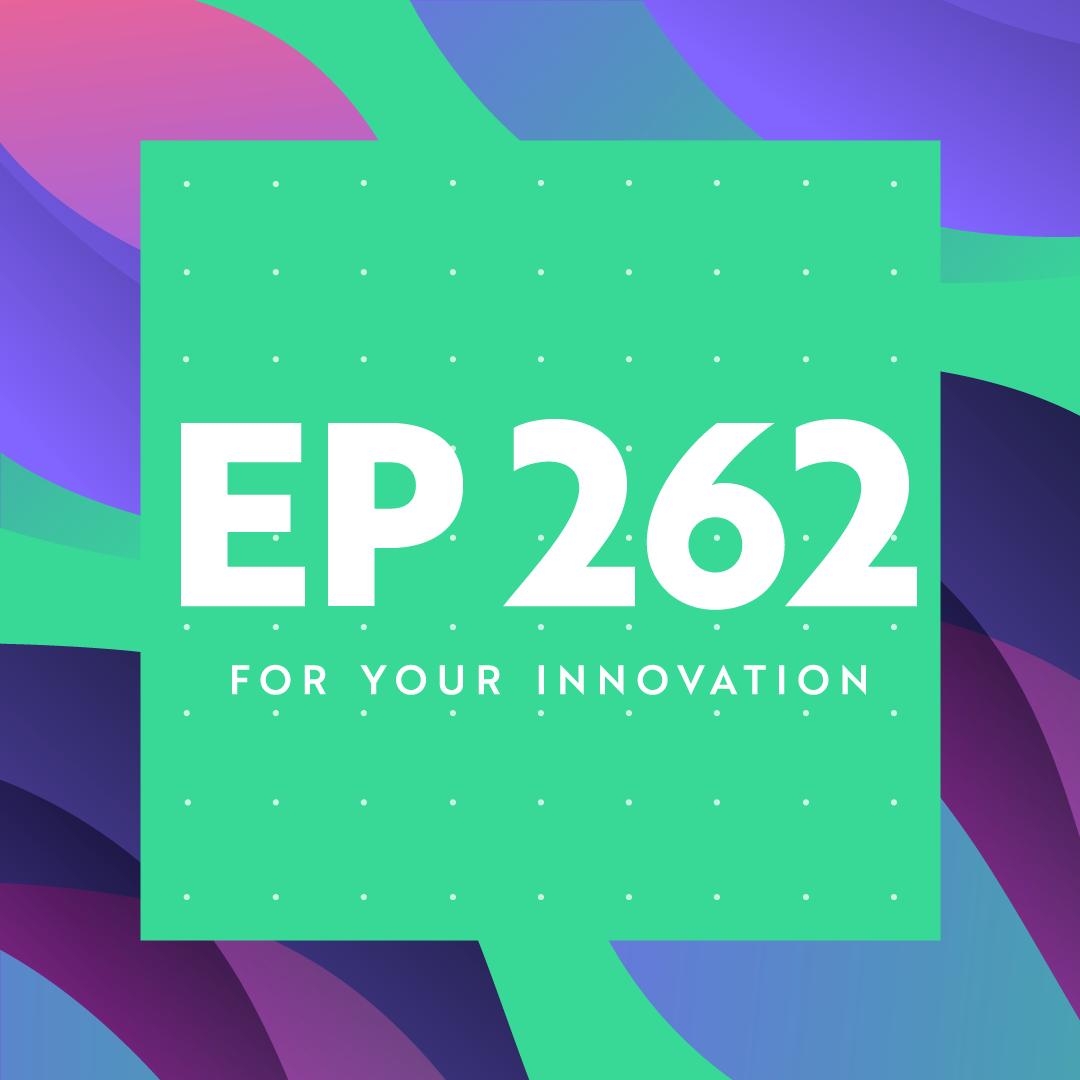
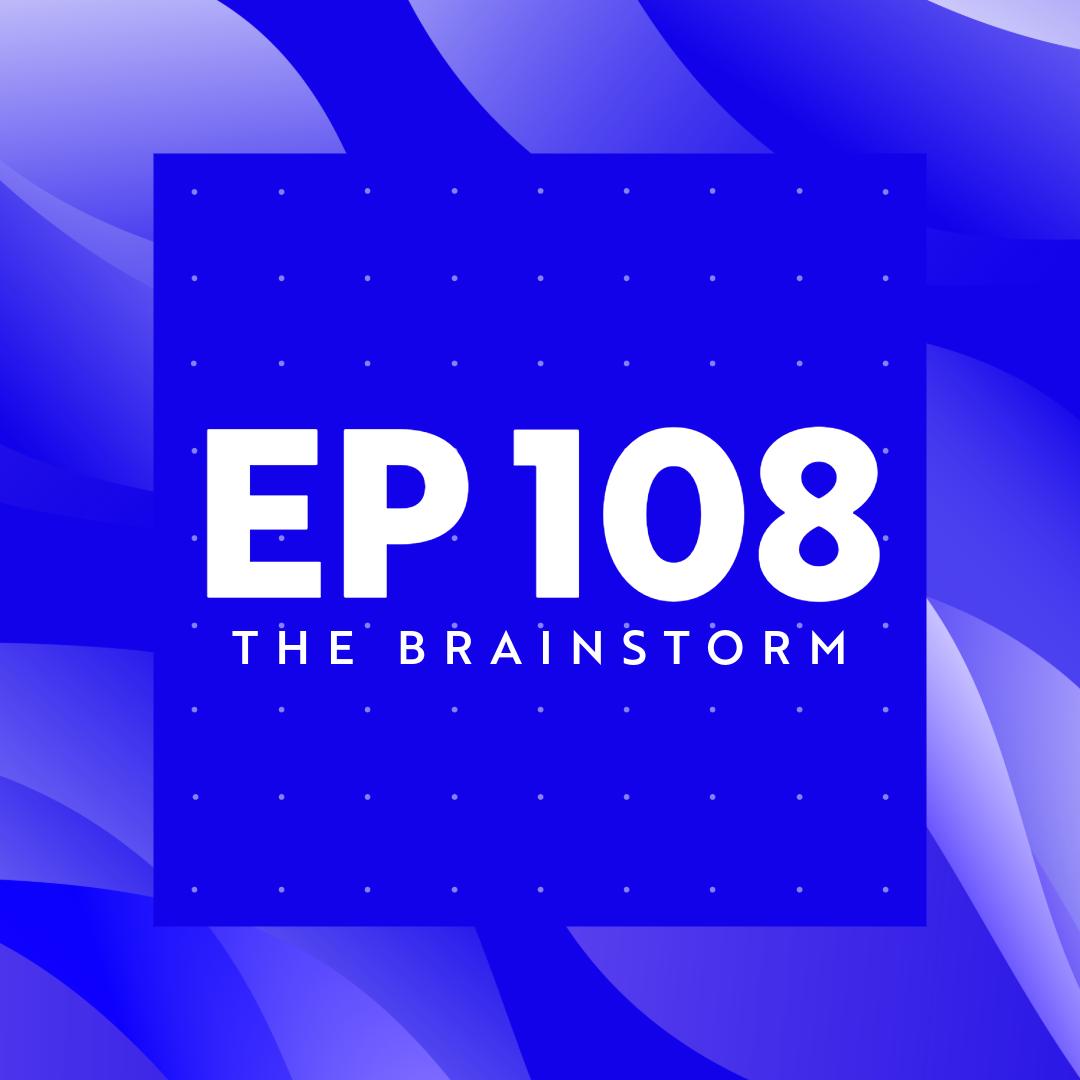
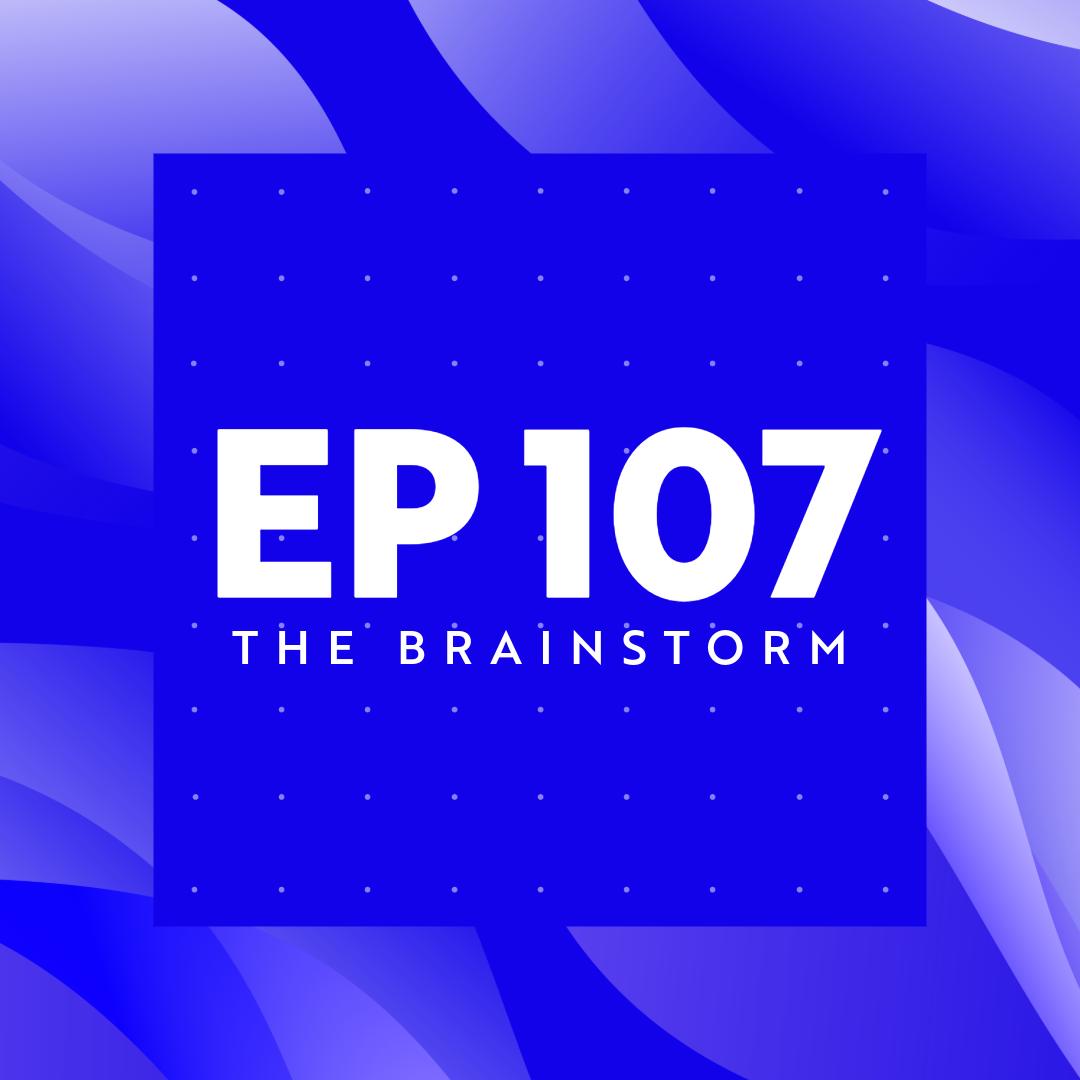
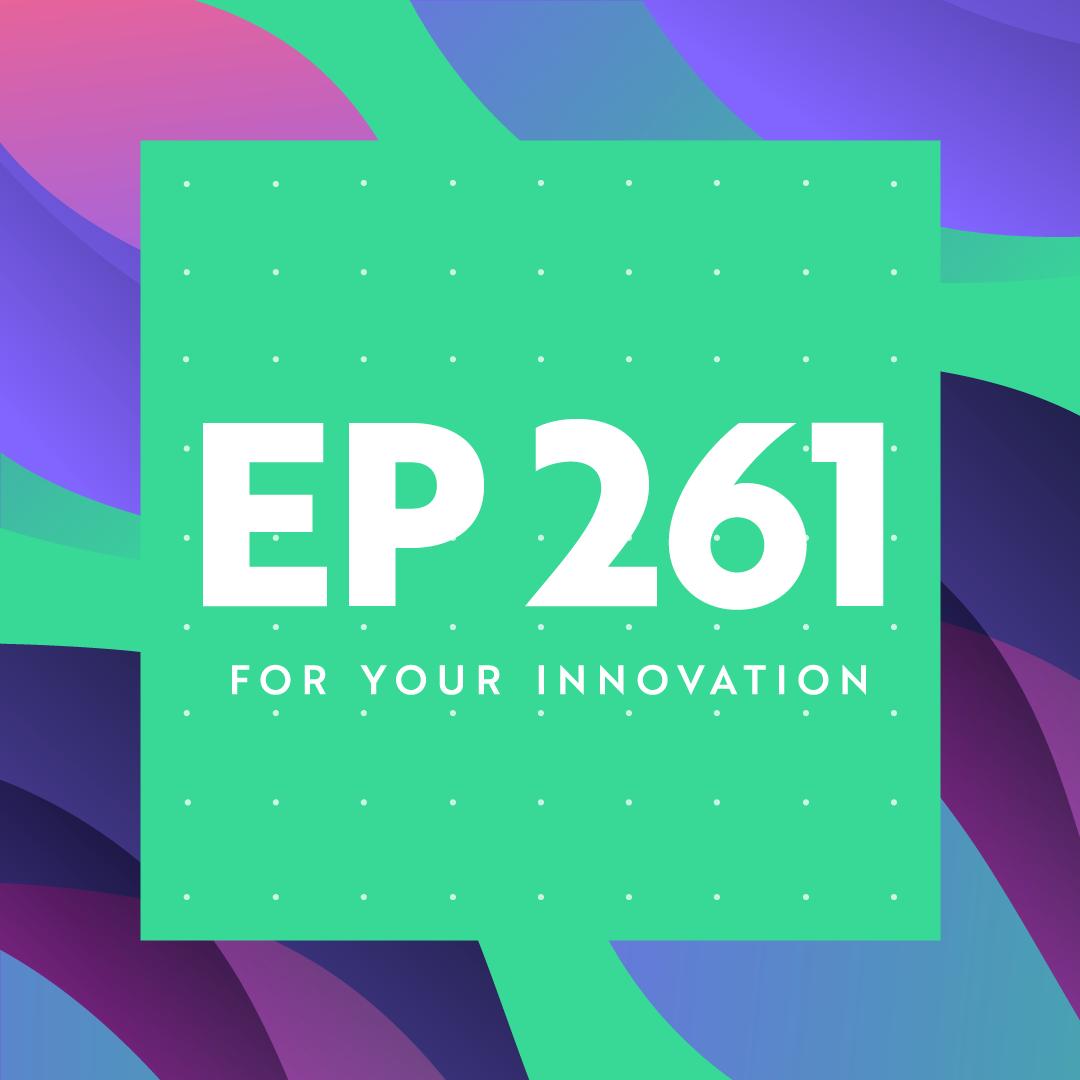
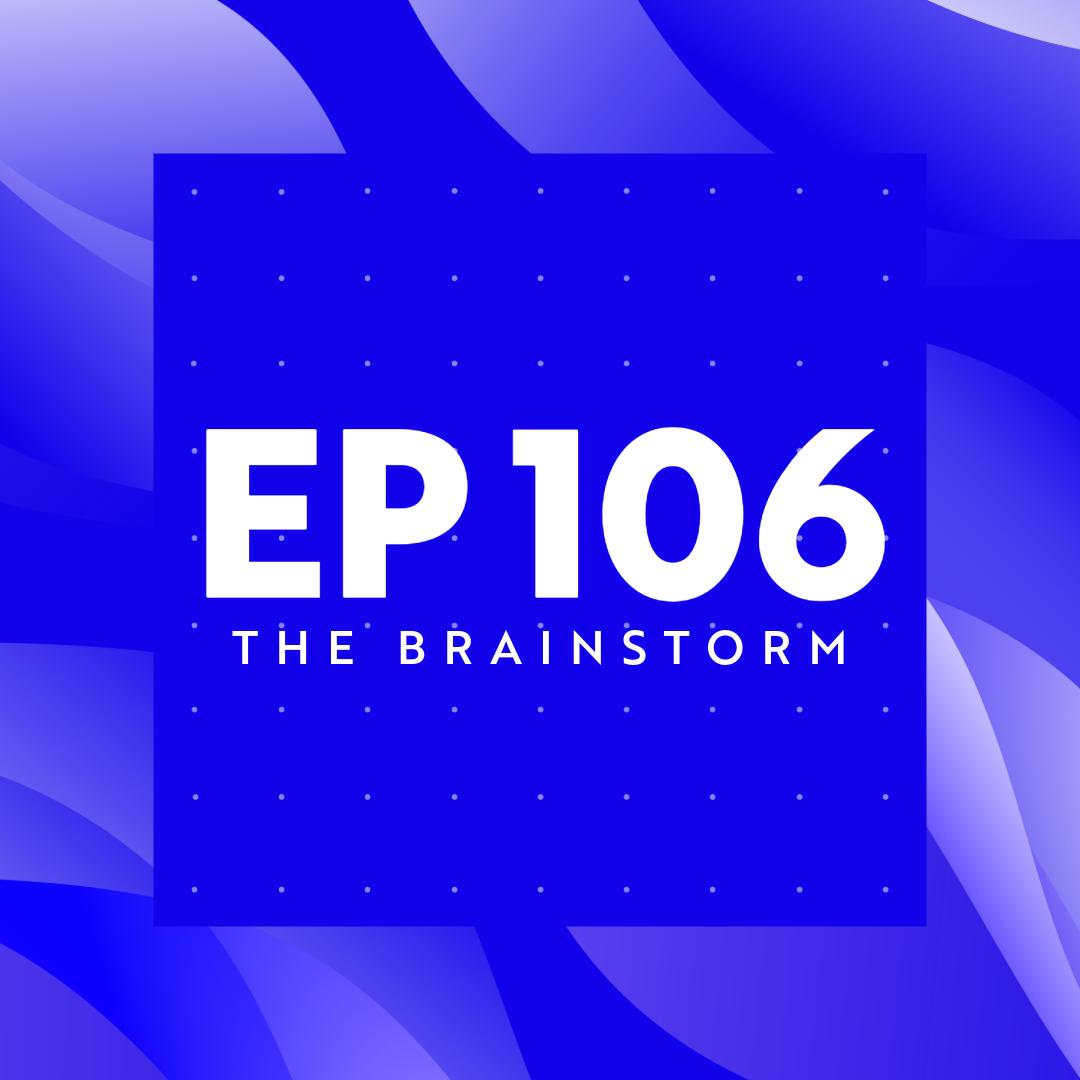
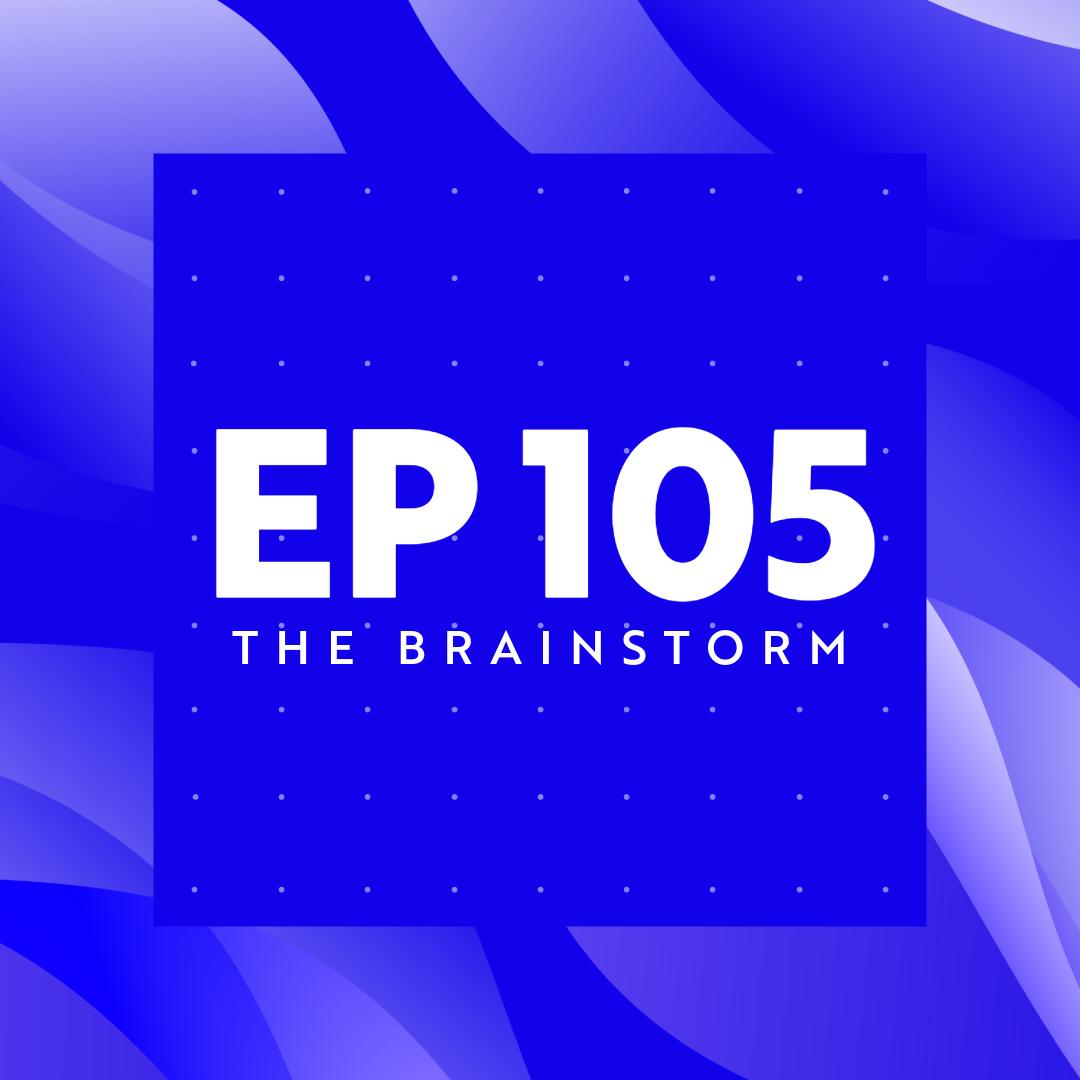
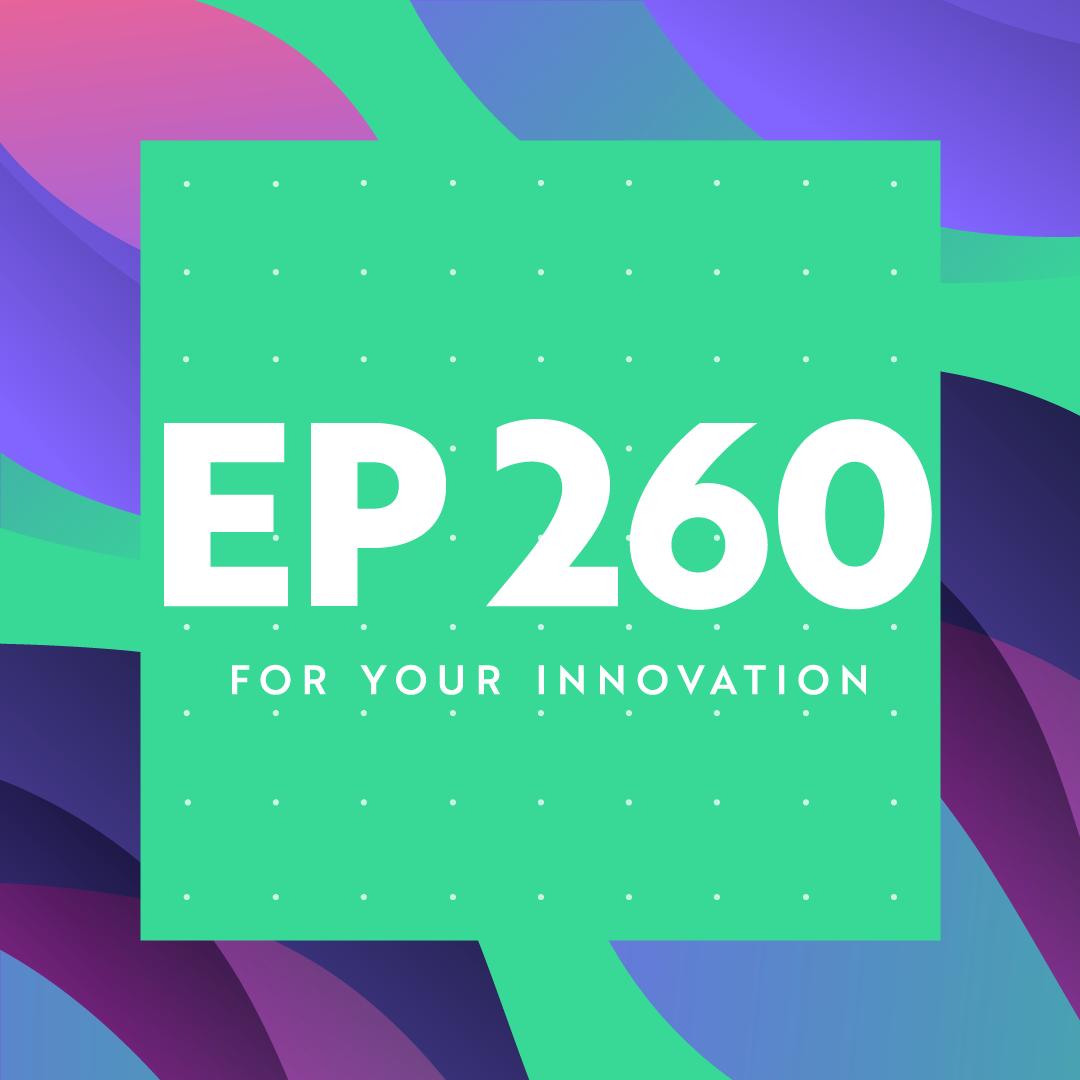
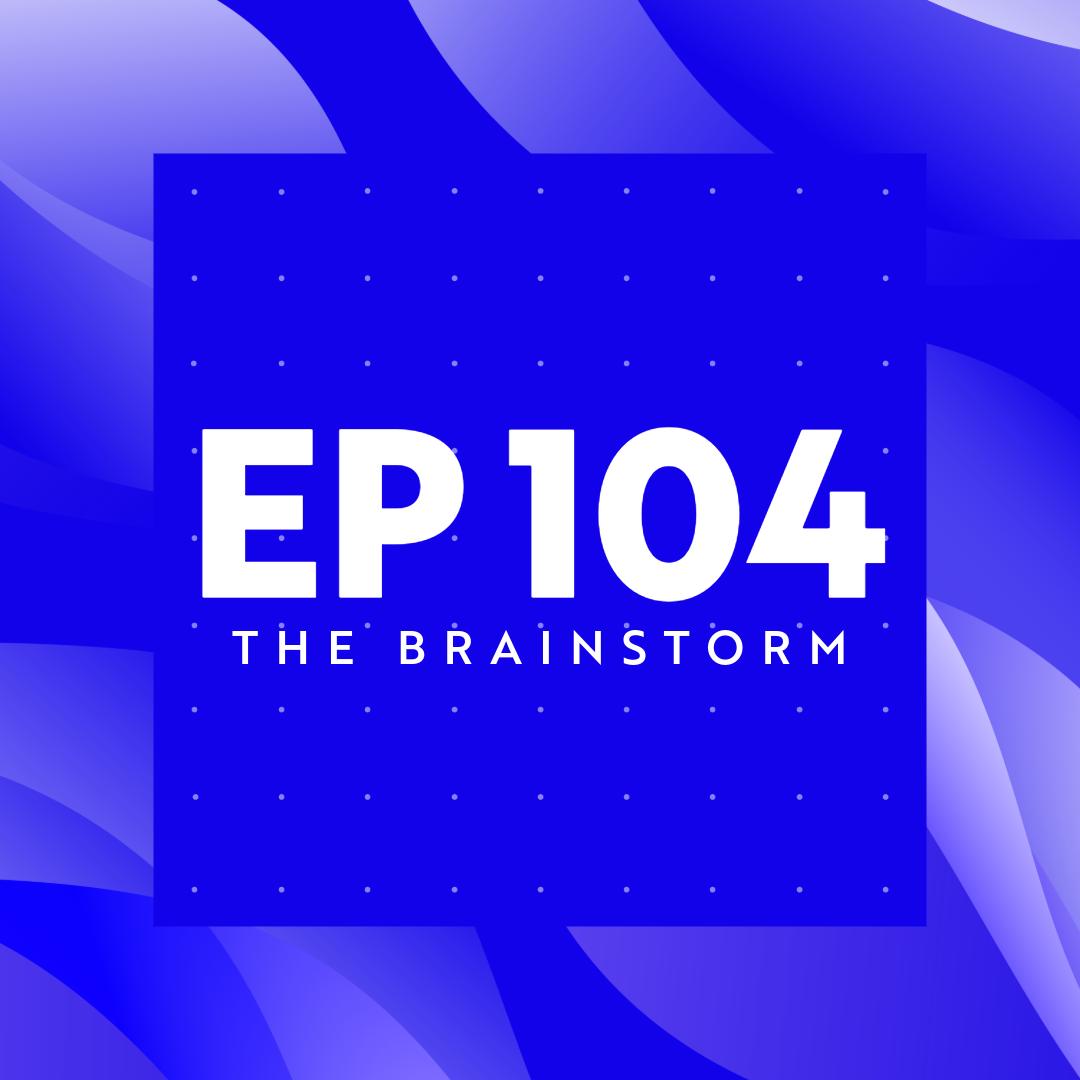
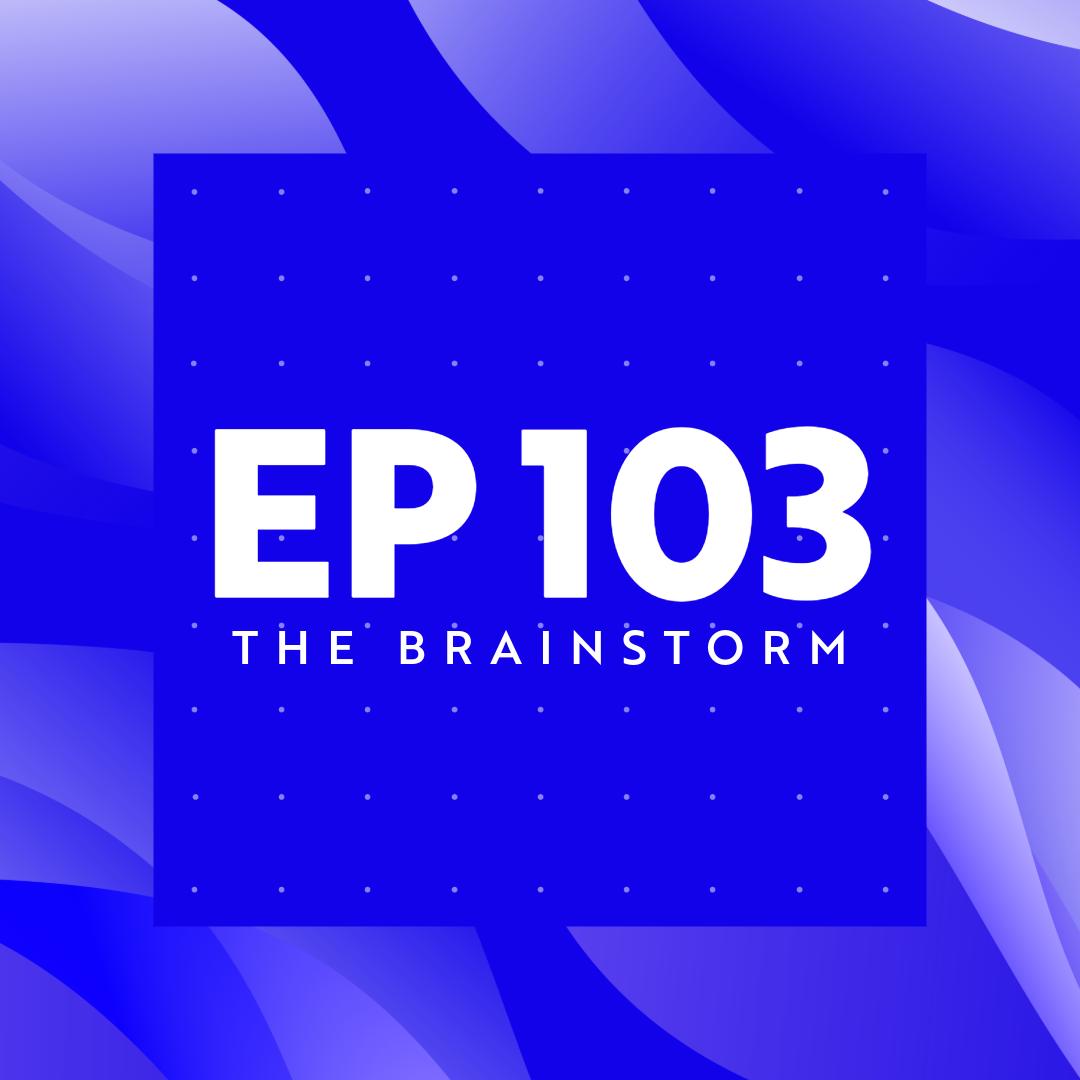
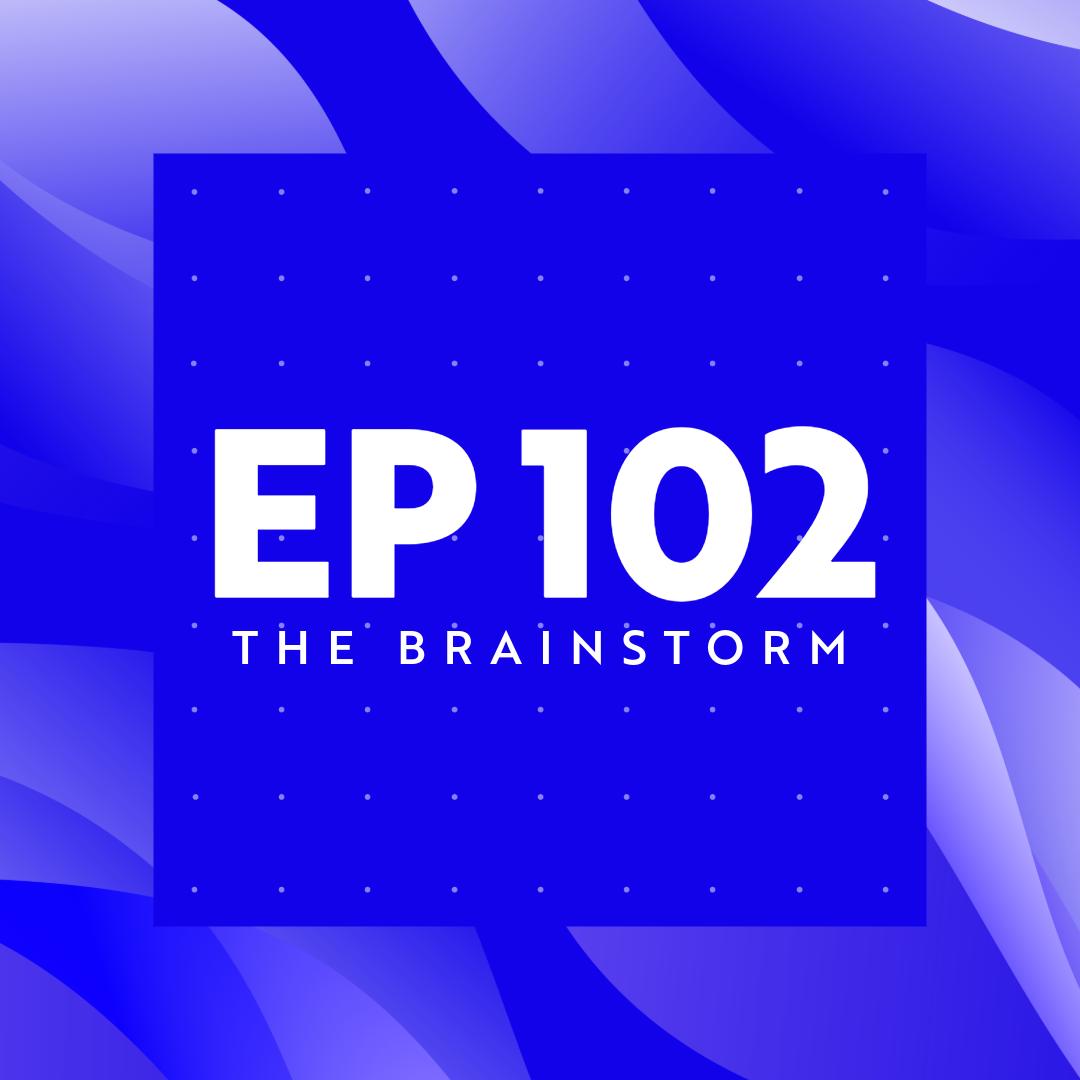
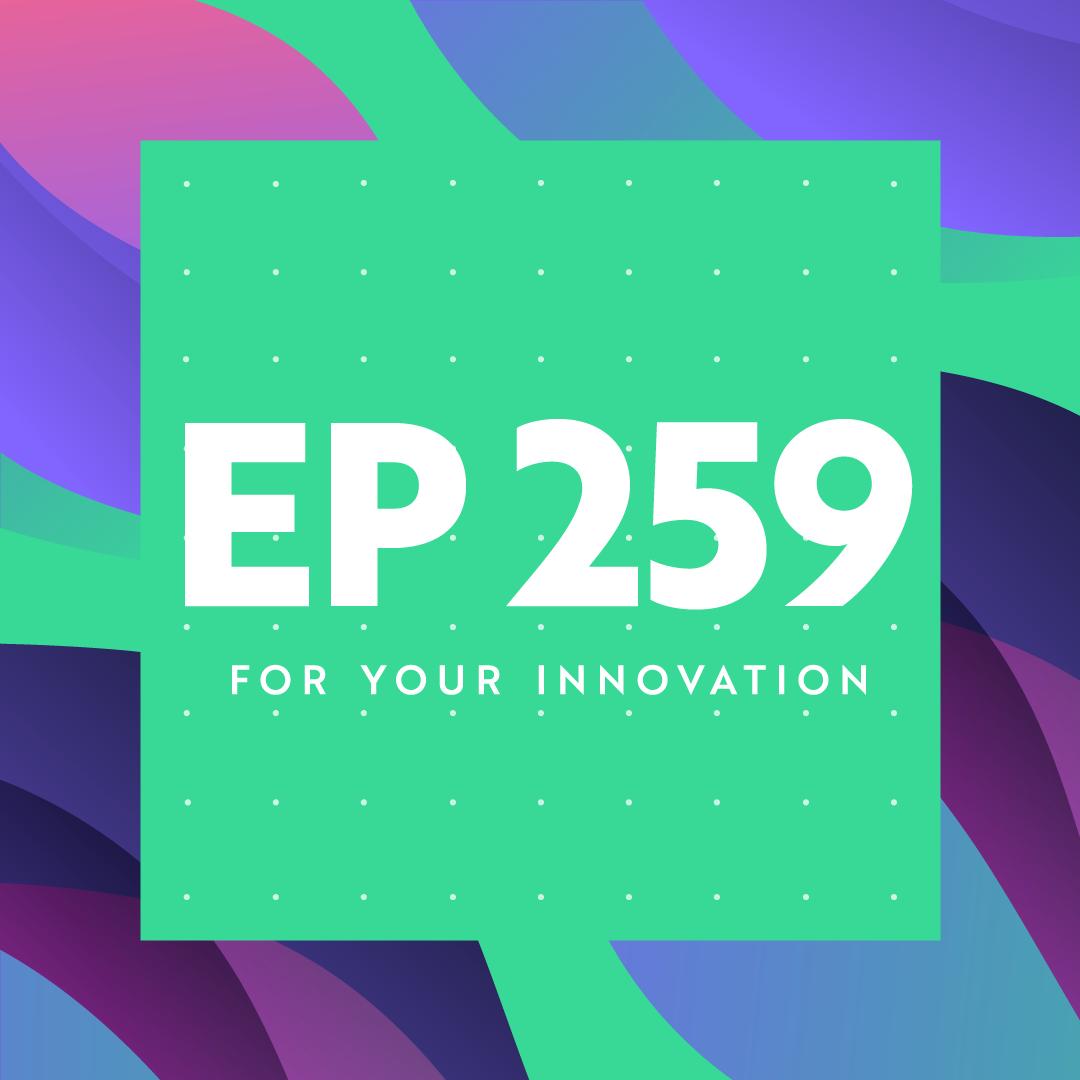
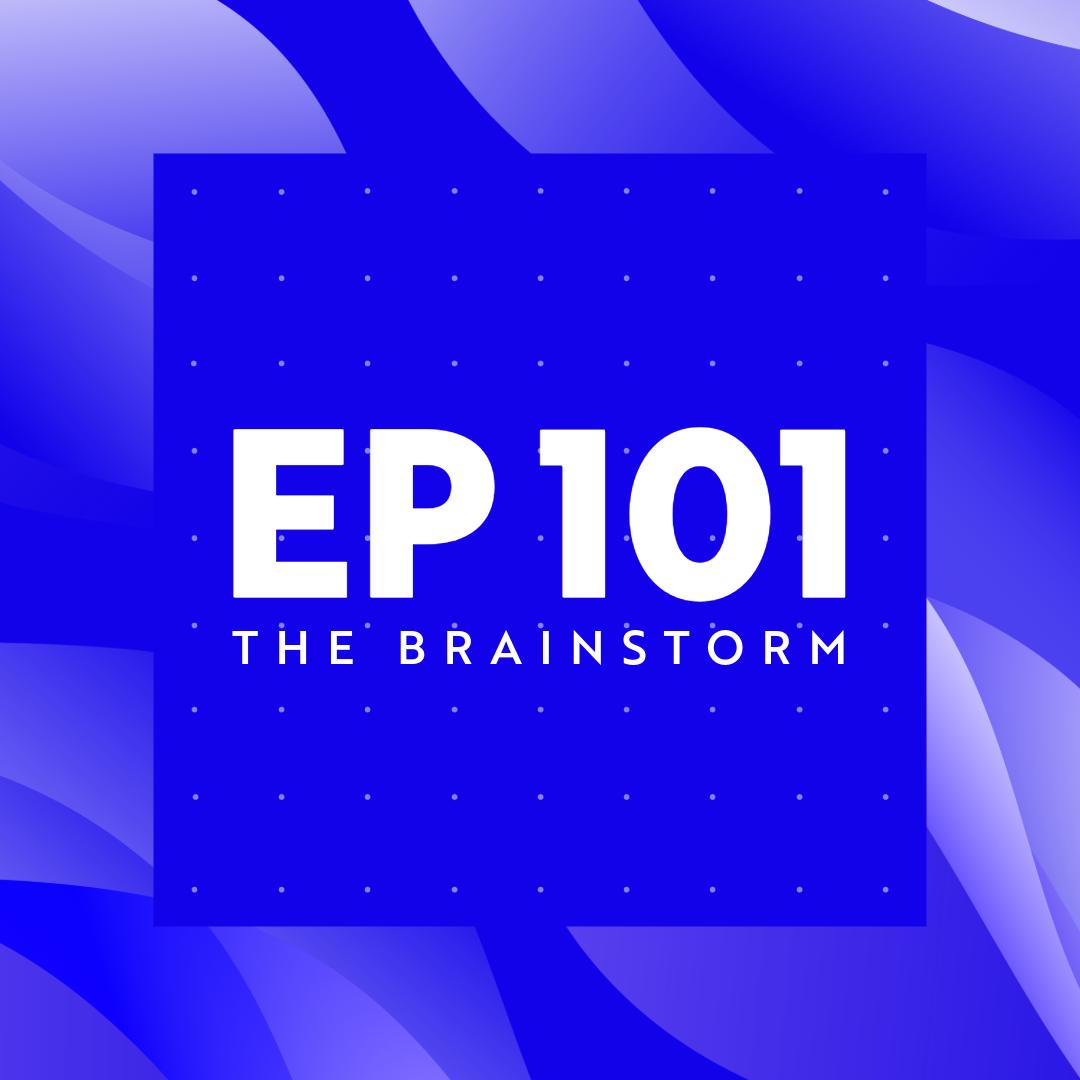
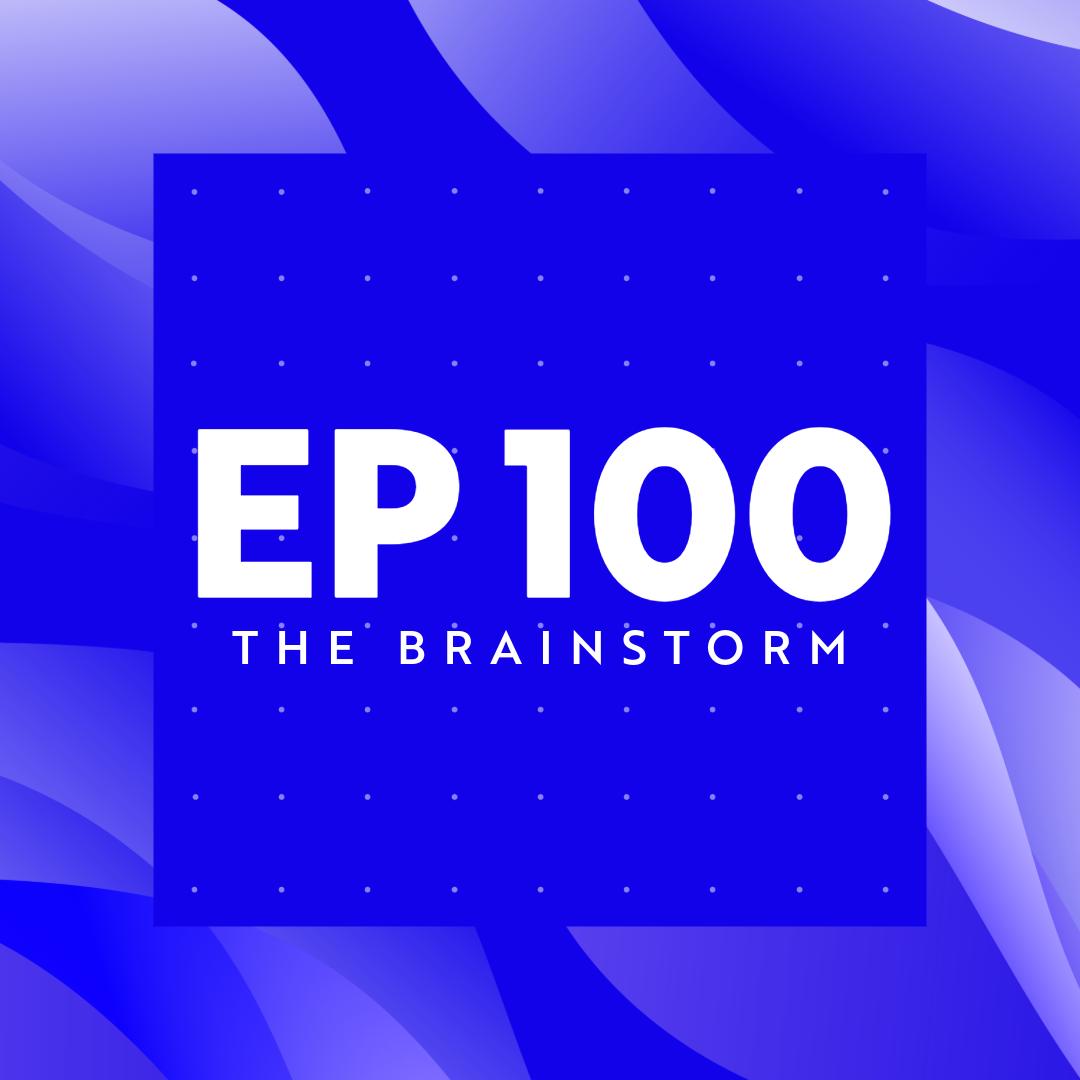
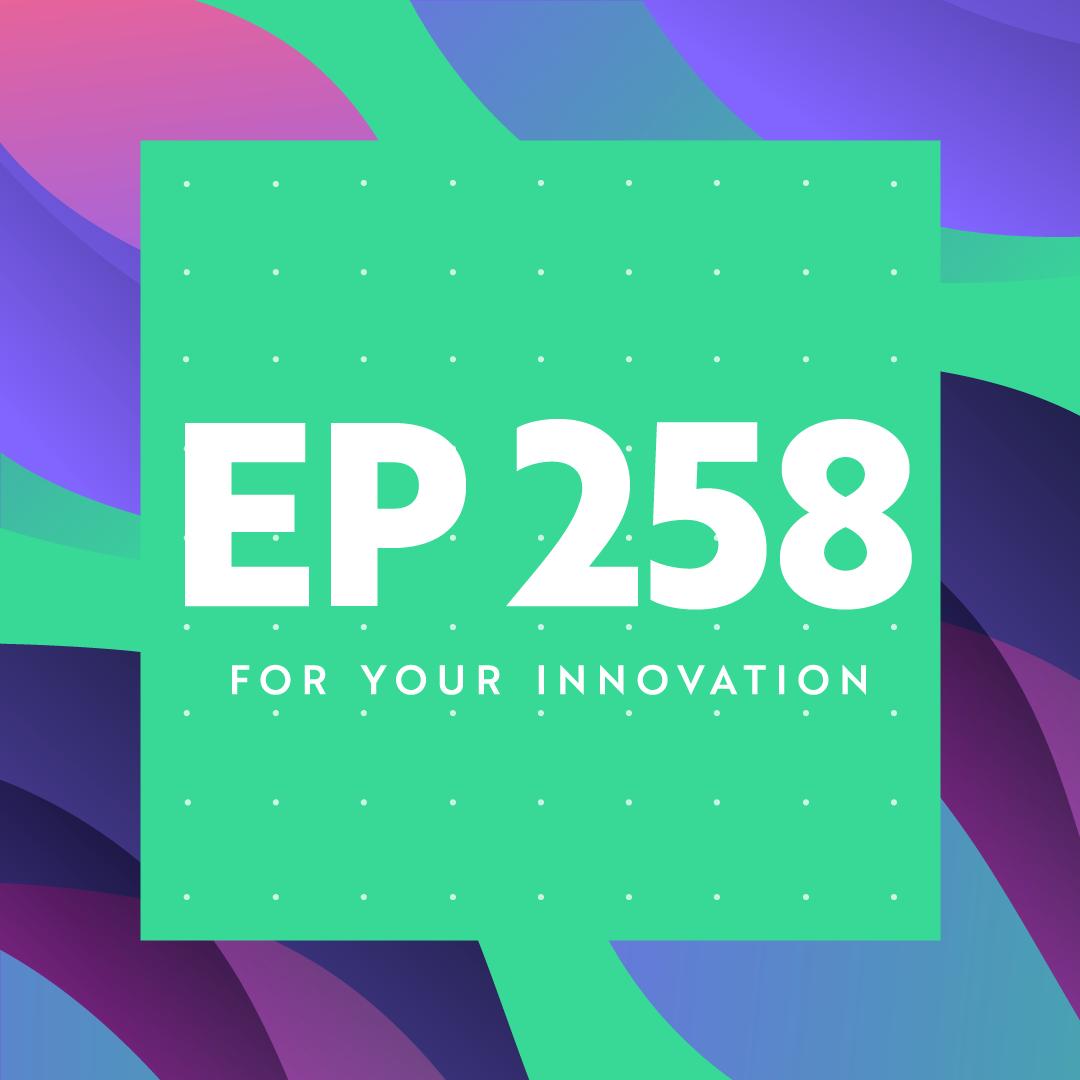
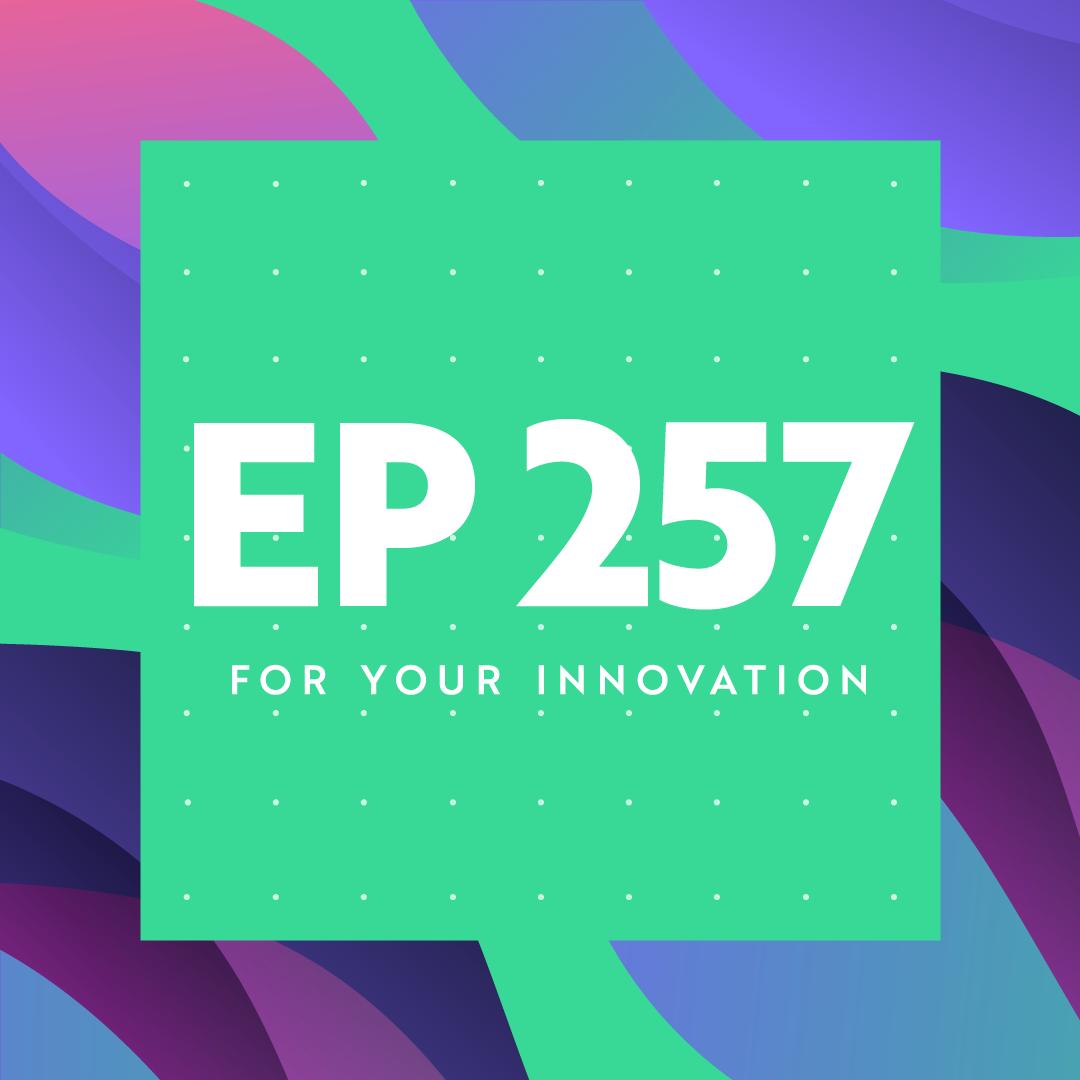
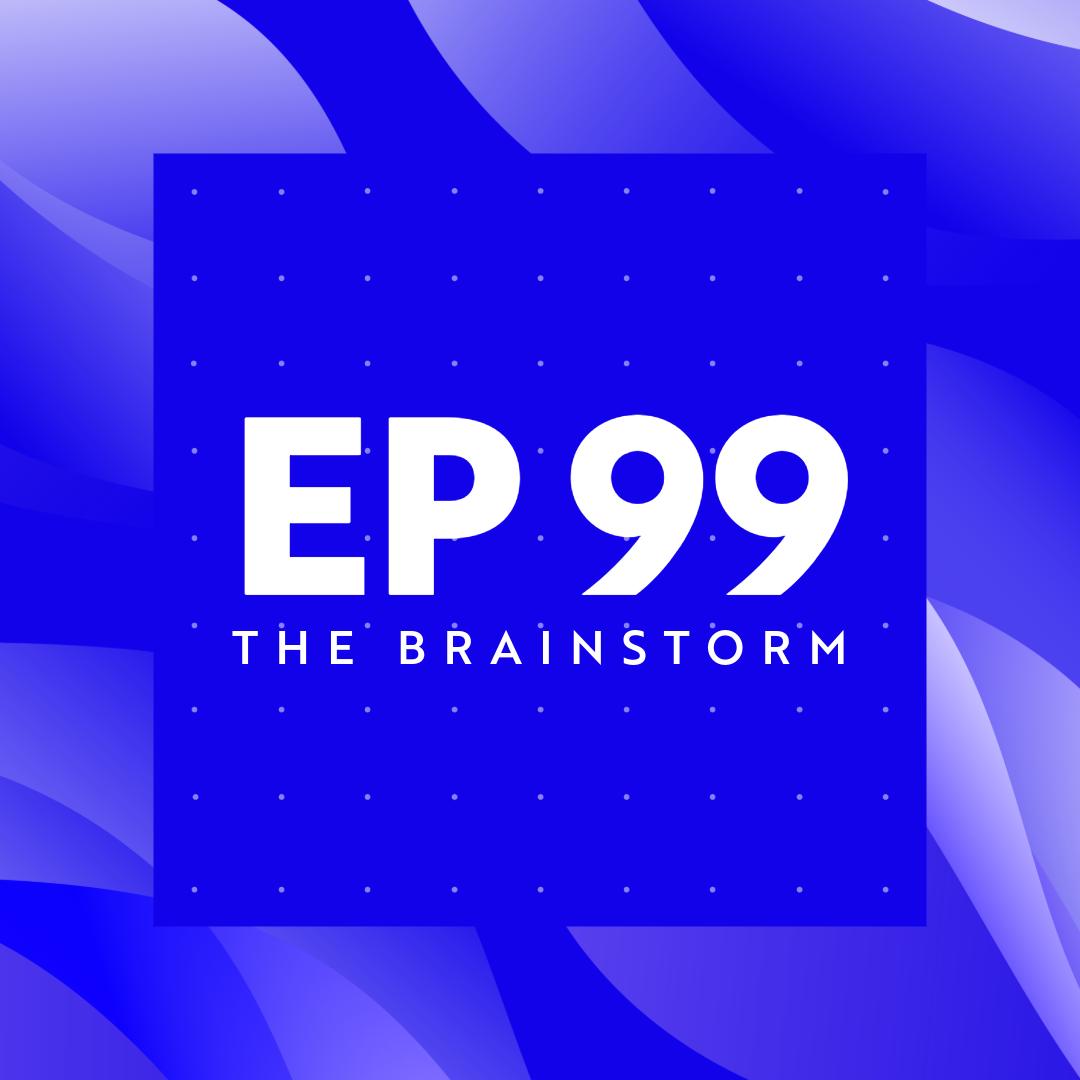
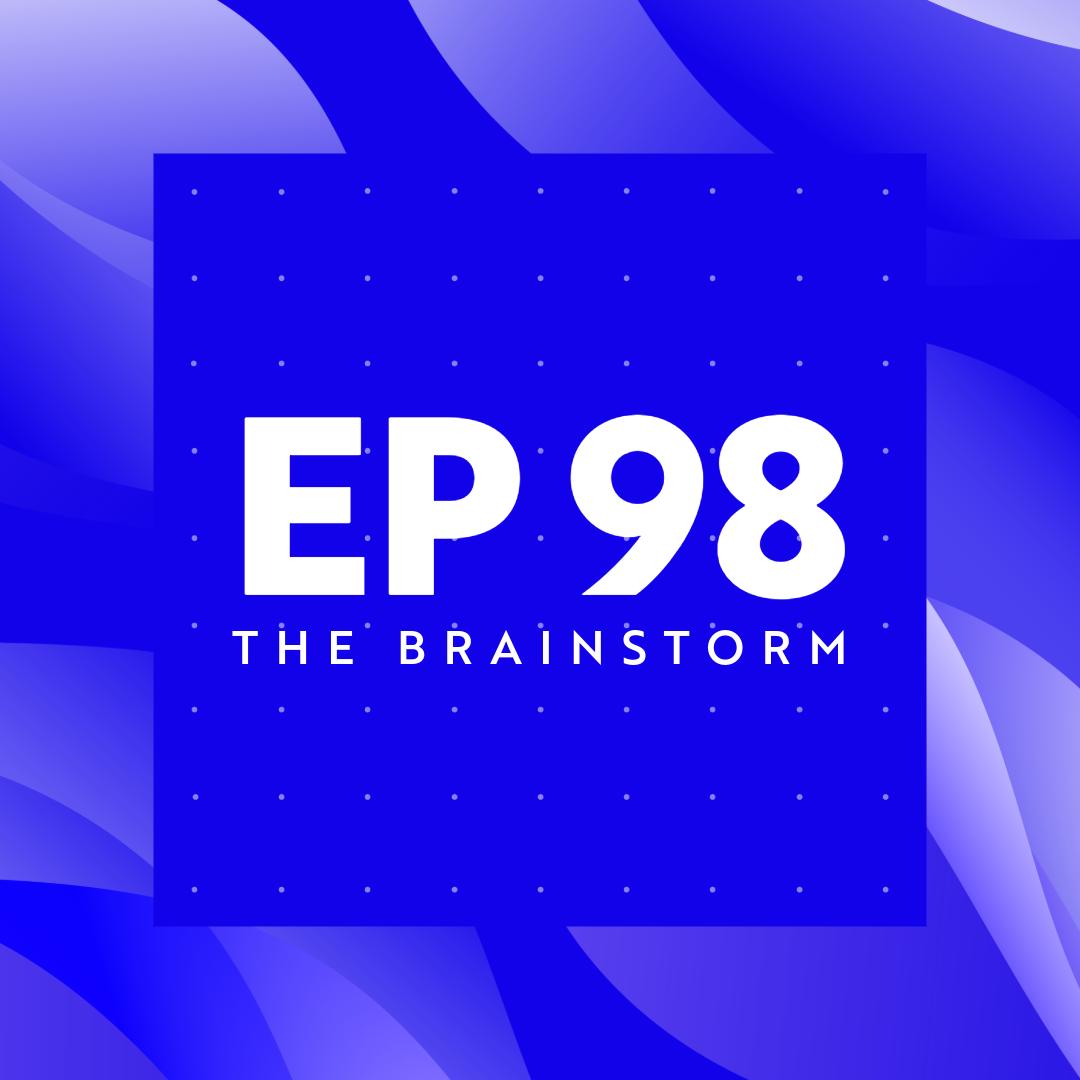
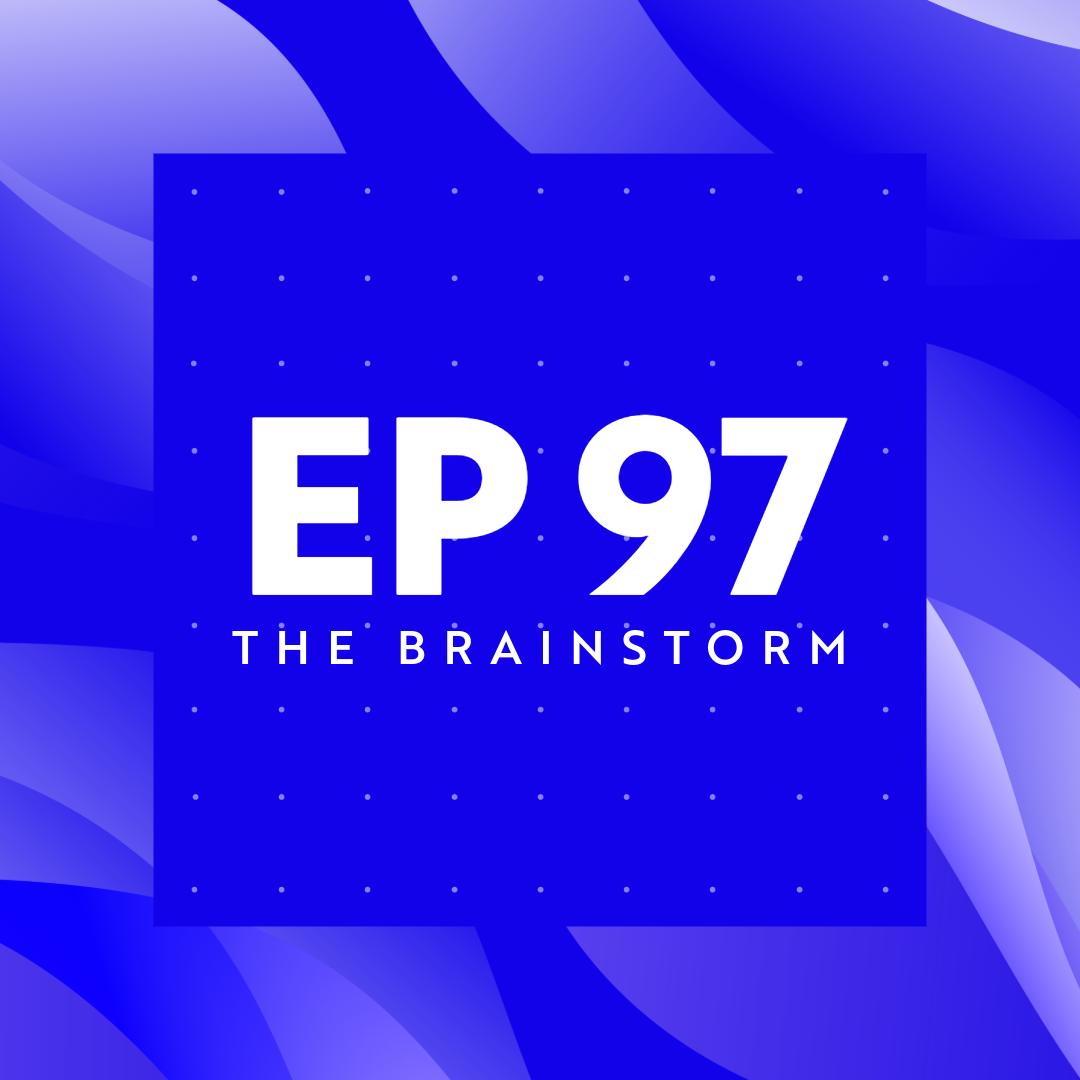



j
I'm a trucker and investor in innovation. I'm the the Co-Founder Truckers For Yang grassroots Super PAC. I'd love to see myself on your podcast and Andrew Yang also.
cool
I love this man. I wish I could have him as my mentor
so sad, another poor woman suffering from vocalfry-itis